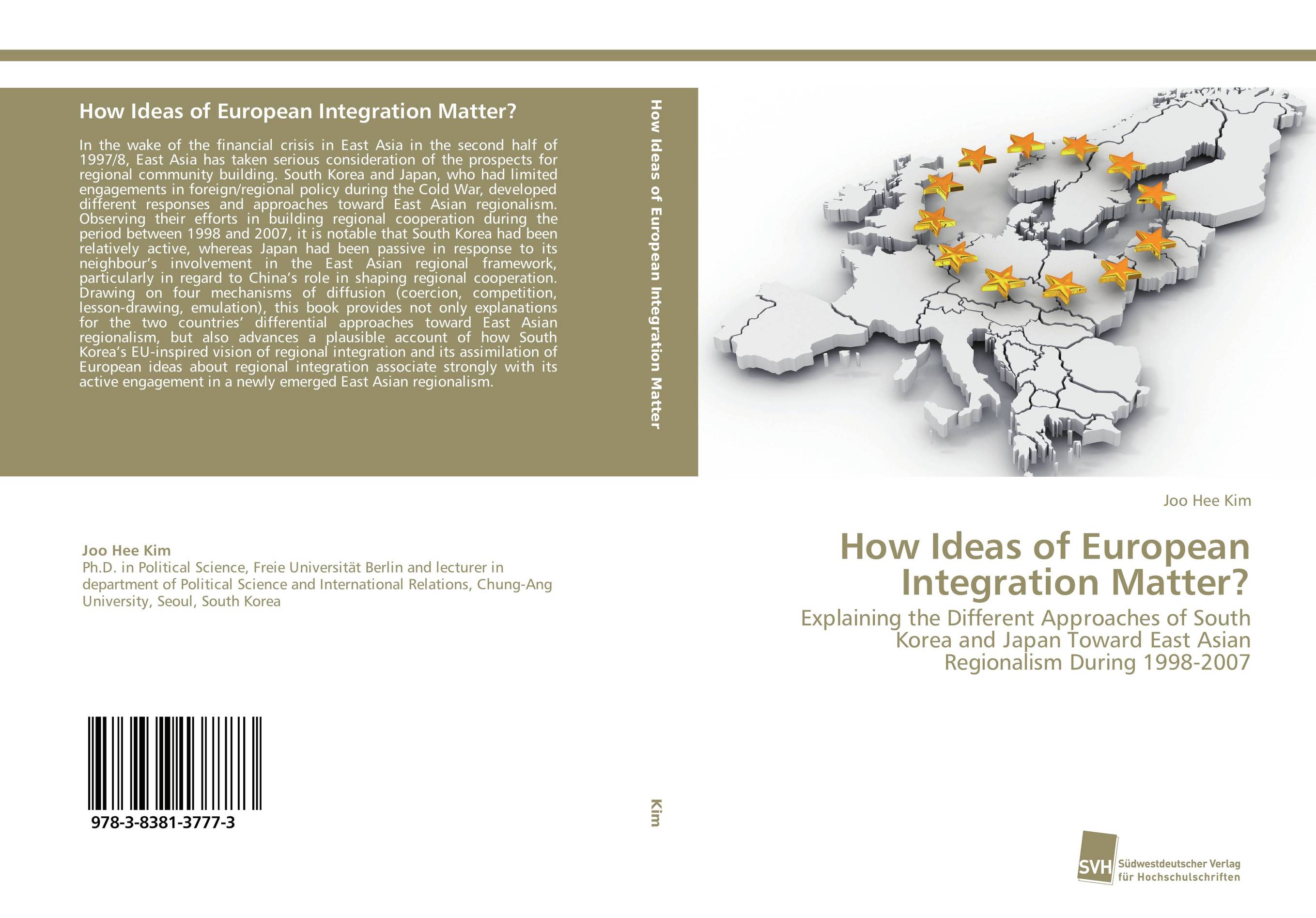| Поиск по каталогу |
|
(строгое соответствие)
|
- Профессиональная
- Научно-популярная
- Художественная
- Публицистика
- Детская
- Искусство
- Хобби, семья, дом
- Спорт
- Путеводители
- Блокноты, тетради, открытки
How Ideas of European Integration Matter?. Explaining the Different Approaches of South Korea and Japan Toward East Asian Regionalism During 1998-2007

В наличии
| Местонахождение: Алматы | Состояние экземпляра: новый |

Бумажная
версия
версия
Автор: Joo Hee Kim
ISBN: 9783838137773
Год издания: 2014
Формат книги: 60×90/16 (145×215 мм)
Количество страниц: 328
Издательство: S?dwestdeutscher Verlag f?r Hochschulschriften
Цена: 44828 тг
Положить в корзину
| Способы доставки в город Алматы * комплектация (срок до отгрузки) не более 2 рабочих дней |
| Самовывоз из города Алматы (пункты самовывоза партнёра CDEK) |
| Курьерская доставка CDEK из города Москва |
| Доставка Почтой России из города Москва |
Аннотация: In the wake of the financial crisis in East Asia in the second half of 1997/8, East Asia has taken serious consideration of the prospects for regional community building. South Korea and Japan, who had limited engagements in foreign/regional policy during the Cold War, developed different responses and approaches toward East Asian regionalism. Observing their efforts in building regional cooperation during the period between 1998 and 2007, it is notable that South Korea had been relatively active, whereas Japan had been passive in response to its neighbour’s involvement in the East Asian regional framework, particularly in regard to China’s role in shaping regional cooperation. Drawing on four mechanisms of diffusion (coercion, competition, lesson-drawing, emulation), this book provides not only explanations for the two countries’ differential approaches toward East Asian regionalism, but also advances a plausible account of how South Korea’s EU-inspired vision of regional integration and its assimilation of European ideas about regional integration associate strongly with its active engagement in a newly emerged East Asian regionalism.
Ключевые слова: Japan, European integration, Ideas diffusion, East Asian regionalism, South Korea, FTA, comparative regionalism, regional cooperation, Emulation, Learning, economic crisis



